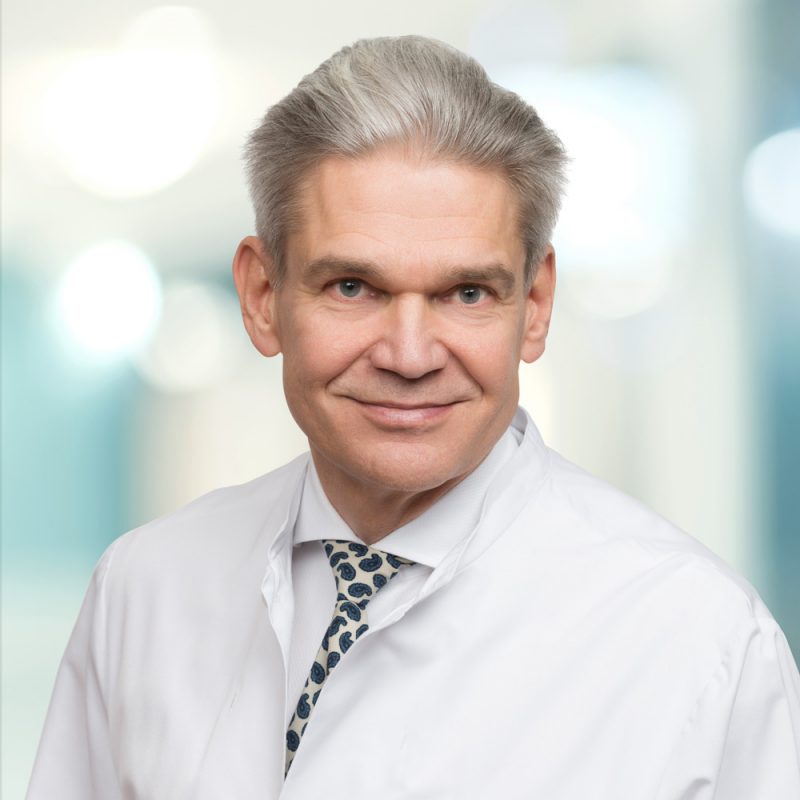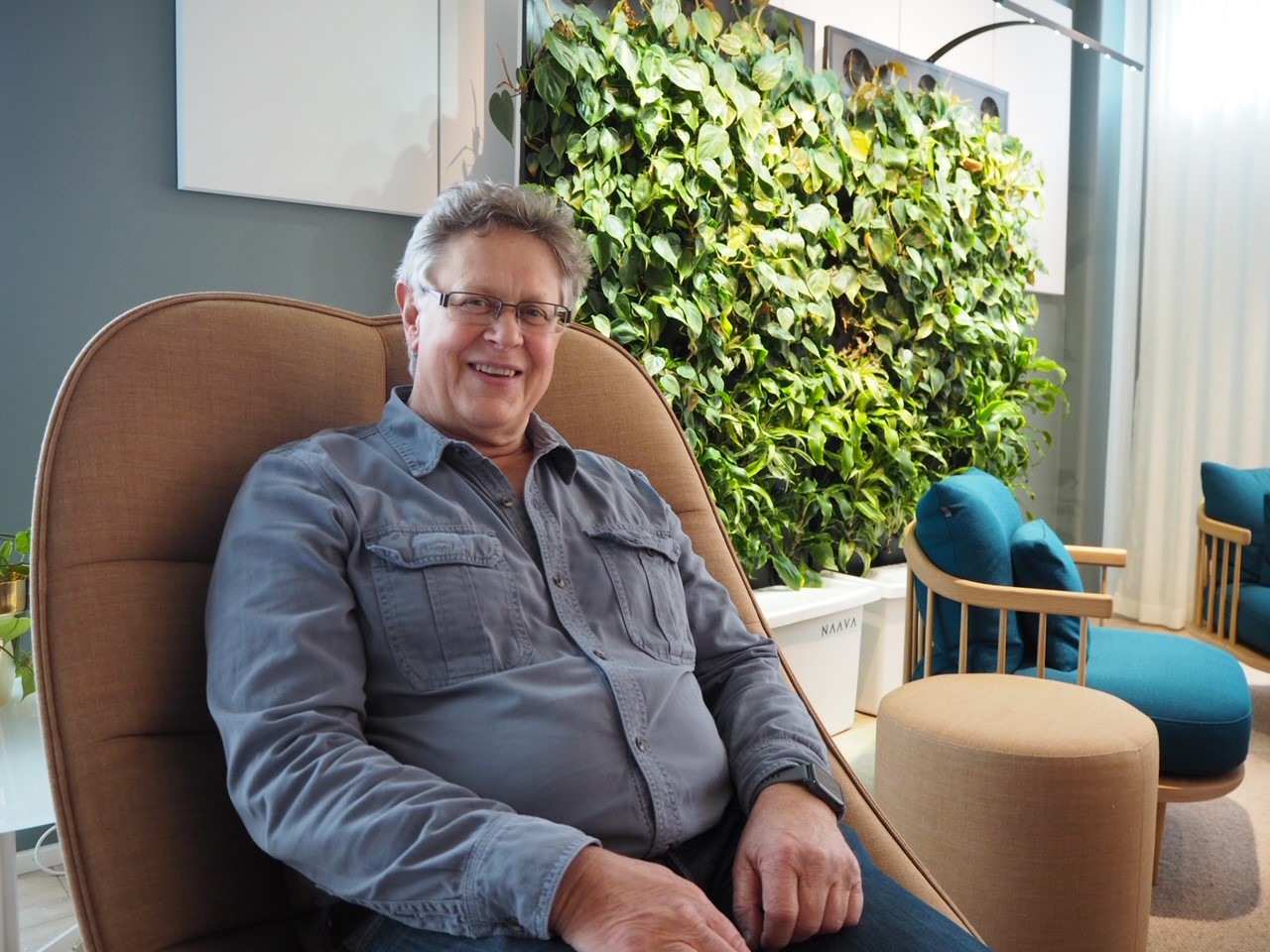New evidence supports more active treatment approach for metastatic prostate cancer
9.1.2018 Categories: News
Metastatic prostate cancer is usually treated with hormone therapy, which works by suppressing the male hormones. It can be taken orally or by injection. These types of treatments are effective but their downside is that they are also associated with a number of side effects that have an adverse impact on quality of life. Over time, they will also lose efficacy, which will allow the cancer to progress.
Through his work with prostate cancer patients, Docrates founder Timo Joensuu MD, PhD, Adj. Prof. of Clinical Oncology and a specialist in medical oncology and radiotherapy, came to the realisation that standard treatment guidelines were not sufficiently effective at halting the progress of advanced prostate cancer. With conventional treatments, patients will go on to live for approximately 3.7 years following diagnosis. In the case of more aggressive forms of the disease, this can be reduced to just a few months. Dr. Joensuu was convinced by the potential of using other treatments, including radiotherapy to treat metastatic prostate cancer.
– We need to treat aggressive forms of prostate cancer more actively, effectively and comprehensively, Joensuu argues.

Delivering exceptional outcomes
At the Docrates Cancer Center, which he founded, Dr. Joensuu began to treat patients with advanced prostate cancer by using other methods, including a combination of radiotherapy and high-dose hormone therapy. Joensuu and his team have monitored outcomes for nearly 50 patients over a period of 10 years.
– The evidence points at a number of factors that are contributing to excellent treatment outcomes. First of all, in a departure from conventional practice, we prescribe higher than conventional doses of anti-androgen therapy. Secondly, with metastatic radiotherapy, we set out to treat the prostate with radical radiotherapy.
Thirdly, we seek to minimise the level of cancerous cells found in bone metastases through external radiotherapy, radioisotope therapy or a combination of the two. Fourthly, we time our treatments according to each patient’s individual clinical circumstances. This means that we can deliver a bespoke treatment plan for everyone we look after, Timo Joensuu explains.
– All the patients who participated in our study received radiotherapy. However, this was not directed just at the prostate but also the lymph nodes in the groin and, in a large number of cases, at individual bone metastases. In addition, the men were also administered chemotherapy and radioisotope treatments, usually given at an earlier stage of the disease. With all these measures, we were able to reduce the cancer load in the body through a variety of mechanisms. The results we are seeing are exceptionally good, Timo Joensuu reports.
– The majority of our patients with metastatic prostate cancer have survived five years post-diagnosis and our median survival is now as high as 8.35 years.
Timo Joensuu is a prostate cancer specialist, with an interest in developing drug and radiotherapies. He has more than 15 years of experience in stereotactic radiotherapy and is committed to rapidly incorporating new treatment methods to his clinical practice. Docrates was the first hospital in Finland to begin offering VMAT RapidArc and HDR brachytherapy, which represent the most advanced targeted therapies for the treatment of cancer.
- Link to journal article: Multimodal Primary Treatment of Metastatic Prostate Cancer with Androgen Deprivation and Radiation
- Find out more about prostate cancer management at Docrates.
Docrates Cancer Center is a Finnish-owned, international hospital in Helsinki specialising in cancer treatment. We provide services for cancer patients throughout the treatment chain, from diagnostics to post-treatment follow-up and, where required, also offer additional treatments. Following diagnosis and imaging, treatment can be planned and initiated without delay. Our unique concept attracts patients from all over the world. So far, we have treated patients from over 50 countries and provided treatment for nearly 30 different types of cancer. Together with our network of leading clinical experts, we provide state-of-the-art cancer therapies in line with our philosophy.












